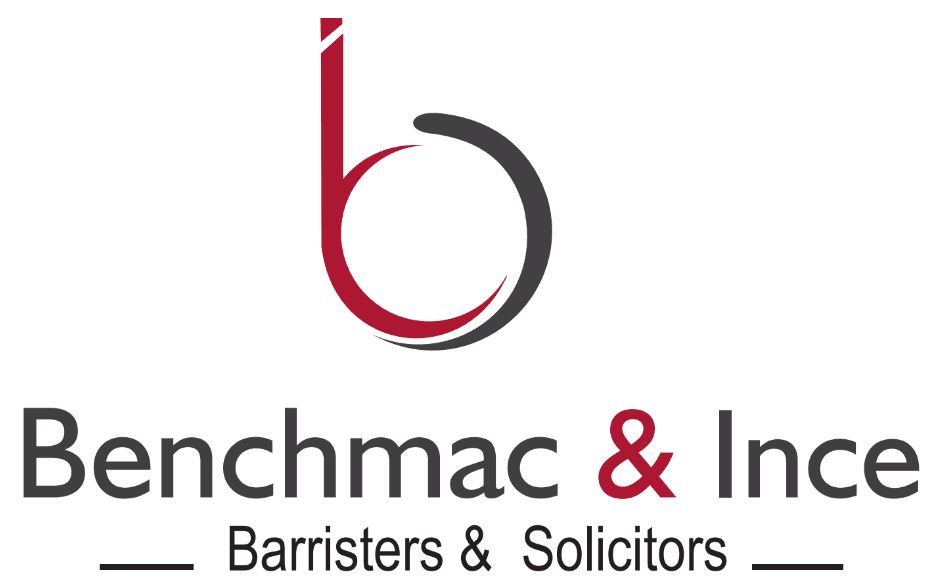At a telecoms conference in Cape Town, South Africa, Rob Shuter, the CEO of the MTN Group, stated that the Group has put in an application for a Payment Service Bank (PSB) licence, and may launch the bank this year. Although, the PSB has not been launched, and as MTN awaits such PSB licence from the Central Bank of Nigeria, MTN has in the interim, launched a Mobile Money Agent (MoMo) to improve retail access to formal financial services.
Payment Service Bank (PSB) is an offshoot from the initiative of the Central Bank of Nigeria (CBN) to drive financial inclusion in the country.
The Nigerian population is reported to be about 190 million. The adult population is about 55% of the total population. CBN in its National Financial Inclusion Strategy defines financial inclusion as “…when adult Nigerians have easy access to a broad range of formal financial services that meet their needs at an affordable cost.” These are bank services, which may include payments, savings, loans and guarantees. Relying on data from the CBN, the unbanked stands at 41.6% of the adult population[1]; as such, the percentage of financial inclusion is approximately 58% of the adult population. In Comparison to Kenya (75%) and South Africa (70%), the percentage of financial inclusion is almost abysmal. Hence, the CBN has outlined a strategy under its National Financial Inclusion Strategy (NFIS), to take the figure of banked adults up to 80% in 2020.
The NFIS is to ensure that 80% of the bankable adults in Nigeria have access to financial services by 2020. This is on the back of the abysmal financial inclusion return-rate of other CBN initiatives, like Microfinance banking, Agent Banking and Mobile Money Operation. This has led the CBN to provide for the licensing and operation of Payment Service Banks (PSBs) in Nigeria.
PSBs look to leverage on mobile and digital services to improve financial inclusion and stimulate economic growth at the informal sector. PSBs also look to enable high-volume low-level transactions in remittance services, micro-saving and withdrawals in a secured technologically-driven environment. What these set out to do is to cater to retail financial services– for sole or family businesses and SMEs– which make up 65% of the economy.
PSB is similar to the Kenyan M-PESA,which is a mobile money transfer service launched by Kenyan’s largest mobile phone operator, Safaricom, in 2007. Its software application allows people without bank accounts to send money via mobile messaging to contacts on their phone, or to pay for goods and services. M-PESA facilitates the remittance of cash between users via a combination of its software and a GSM provider, bypassing traditional bank software. It is not controlled by Kenyan’s banking central switch, unlike PSBs, which are under the Nigerian Central Switch, operated by Nigeria Inter Bank Settlement System (NIBSS), which connects inter-bank financial transactions. This advantage places M-PESA’s operations outside reach of Kenyan banks, and disconnects M-PESA from any perceived disadvantage it may face if regulated by a central switch. In 2009, the total mobile money accounts in Kenya eclipsed the number of total bank accounts. Although banks through competitive innovations later outnumbered mobile money accounts by more than 30%, the independence of M-PESA is commendable. On the home front, the lack of independence of PSBs will mean that they will be financially hamstrung by the CBN’s regulation on PSBs.
Based on the Exposure Draft CBN Guideline For Licensing and Regulation of PSPS 2018 (CBN Regulation), PSBs are structured in such a way that they shall:
- Operate mostly in rural areas and unbanked location, with not less than 50% access points.
- Establish ATMs in some of these areas.
- Be at liberty to operate through banking agents.
- Use other channels including electronic platform to reach out to customers.
- Set-up consumer help desks at main offices or coordinating centres to attend to customer-related issues.
- Maintain savings account and accept deposits from individuals and small businesses.
- Issue debit and pre-paid cards.
- Operate electronic purse.
PSBs, however, are precluded from granting loans and trading in FOREX. The share capital for PSBs is pegged at N5 billion, and owners of a PSB shall be Banking Agents, Telecommunication Companies (Telcos) through subsidiaries, Retail Chains (Supermarkets), and Mobile Money Operators (MMO).
From the National Bureau of Statistics, 2017 year-end, Nigerians owed the banking sector about N15.93 trillion in loans. About N13.1 trillion of the total loans borrowed from the banks were lent to 3,891 customers: hyper-upper class business owners. While the data does not distinguish between individual and corporate customers or separate unique customers, it suggests that less than 2% of Nigerians (including businesses) actually accessed credit from the banking sector, or were fortunate to have been advanced credit by banks.
Nigeria has about 50% of its population living in extreme poverty. Fairly, one may have thought that the PSB initiative was aimed at availing credit facilities to retailers at the grassroots; or aimed at bridging the credit-accessibility gap between hyper-upper class business owners (or their businesses) and low-income individuals/small businesses in the informal sector. This thought has been dashed by the Exposure Draft CBN Regulation on PSBs, as PSBs are prohibited from granting loans to individuals and small businesses.
One may sympathise with potential PSBs, that aside the mandatory lofty share capital of N5 billion, they cannot grant loans or trade in FOREX. In this sense, they are poised to forfeit revenue from interests on loans and FOREX. Their ability to sustain or increase substantially cash in-flow is cut down to tranches of small profits from, maybe, bank charges and account maintenance fees.
Possibly, it is not all gloom for PSBs. Nigerian banks have amassed a reputation of slamming illicit charges on their customer accounts: a huge pot of revenue, in proper perspective. This has largely been condemned and has created a level of distrust among customers. Perhaps, this may be a huge factor of advantage for PSBs. A flood of accounts from the informal sector, which are operative in commercial banks, may be closed in favour of savings accounts in PSBs. With an operative ease, devoid of excessive charges archetypal of commercial banks, PSBs may then be special banks, with retail-focus on low-income individuals/households, family businesses and SMEs– 65% of the country’s economy.
Airtel is also seeks a PSB license. If effective, together with MTN, they may present an existential threat to the traditional banking sector. While we hope that the CBN exclude the loan-FOREX bar on PSBs, we may be looking at a situation where PSB money accounts will eclipse traditional bank accounts. Perhaps, a loss of revenue from lower-middle income classes may propel retail banks to operating more transparently and efficiently. It may also trigger innovation in the traditional banking sector, where they may be a shift in focus to increasingly lower-income earners.
[1] See Revised National Financial Inclusion Strategy 2018, available online at www.proshareng.com/news/DATA%20&%20FINANCIAL%20INCLUSION/Nigeria%E2%80%99s-Revised-National-Financial-Inclusion-Strategy-2018—CBN/43468 (accessed at 4th November, 2019).
The opinions in the articles are for general information purposes only and do not form a legal relationship or be taken as legal advice. To explore legal advice, please consult your solicitor or feel free to get in touch with us directly.


